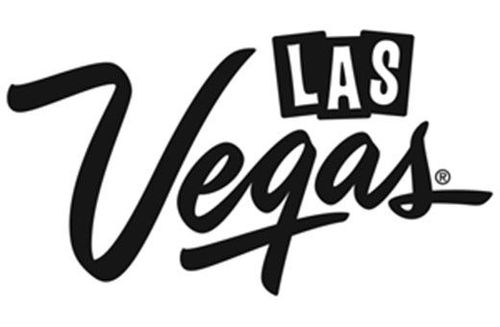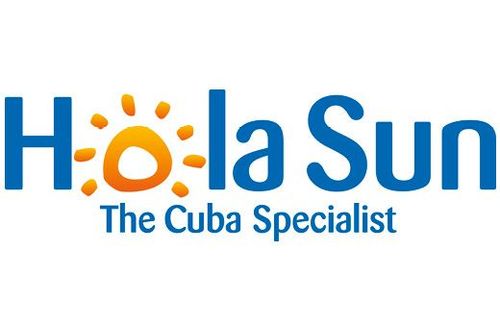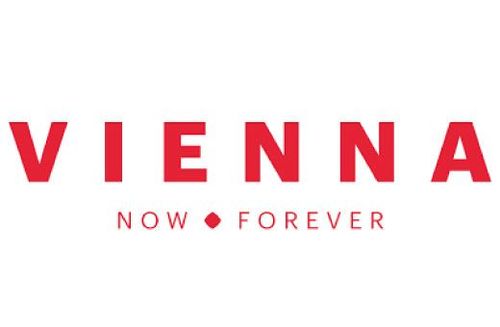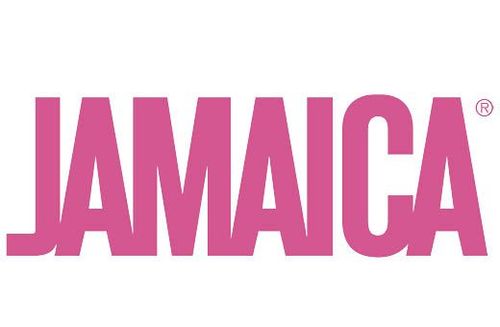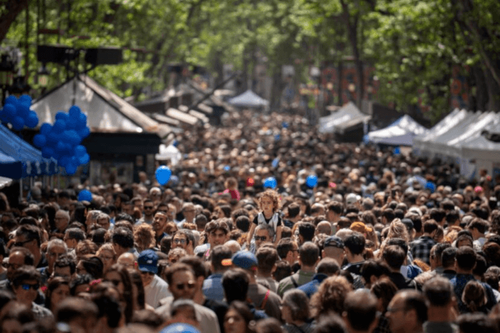Where travel agents earn, learn and save!
News / How to enjoy Las Vegas safely
Stay smart, stay healthy
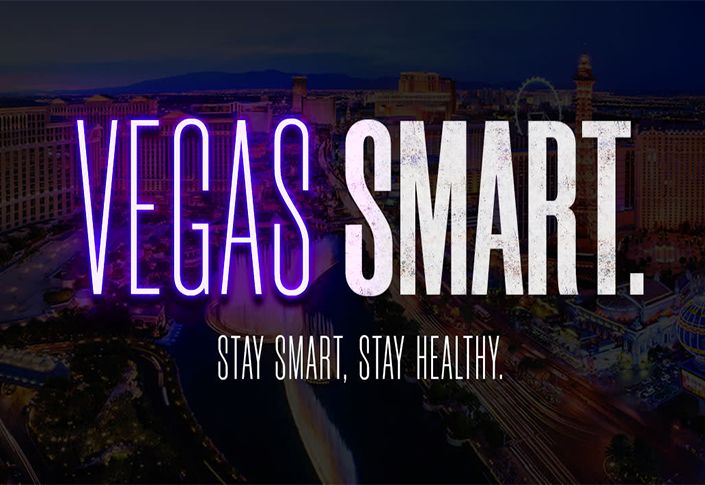
In order for us all to enjoy the fun, energy and entertainment of Las Vegas, we need to be Vegas Smart. Vegas Smart is about being mindful of your surroundings and thoughtful of others: keeping your distance, wearing mandatory face coverings, and washing your hands. After all, Las Vegas is doing everything it can to be smart so you can stay healthy and have fun. So, they need you to be smart as well.
Vegas Smart
1. Keep Your Distance - at least 6 feet apart. 2. Mandatory Masks - when you're in public. 3. Wash Your Hands - no matter what. 4. Seek Medical Attention - before you travel if you’re feeling unwell.
How Las Vegas Hotels & Resorts are Being Smart
1. What Health and Wellbeing Measures is Las Vegas Taking?
Nevadans and visitors are required to wear face coverings when they are in public, with limited exceptions. All of the destination’s resorts have put together a thorough health and safety plan based on the advice of health and government officials. Below you can find a link to each resort partner’s plan, as well as more information about how they will implement social distancing and cleaning practices.Click here for a full list of hotels and casinos.
2. COVID-19 Updates
The LVCVA is committed to providing travelers with accurate and timely information about traveling to the destination, as well as to ensure that they continue to provide a safe environment for those who are visiting. Click here to see the latest updates. Learn more.
3. Face Covering Mandates
Nevadans and visitors are required to wear face coverings when they are in public settings. This includes:
Public spaces:
• When patronizing businesses or interacting with others in any generally publicly accessible space both indoors and outdoors
• Inside of, or standing in line waiting to enter, any indoor public space
• While outside in a public space when 6 feet of social distancing from those not in your same household isn’t possible
Public or private transportation and paratransit:
• While waiting for or riding on public transportation or paratransit
• While riding in taxis, private car services, monorails, trams and rideshares like Uber and Lyft
• While driving or operating any form of transportation or paratransit when passengers not in your same household are present. When no passengers are present, face coverings are still strongly recommended
While at work:
• When interacting in-person with members of the public
• When in any space visited by the general public, even if no one else is present
• When in any space where food is prepared or packaged, for sale, or generally distributed to others
• When walking though common areas, such as hallways, stairways, elevators and parking facilities
• In any room or enclosed area where other people (except for members of the person’s own household or residence) are present when unable to physically distance
Exceptions to the face covering mandate include:
• Children under the age of two
• Those who have a medical condition or disability preventing the removal of a face covering. Individuals exempted under this provision should wear a nonrestrictive alternative, such as a face shield, if possible
• Those who are hearing impaired or when in communication with a hearing impaired individual
• Those who are obtaining services involving the nose or face for which temporary removal of the face covering is necessary to perform the service
• Those engaged in outdoor work or recreation when alone or with household members and able to maintain social distance.
• Those seated at a restaurant or other venue that offers food or beverage services, while they are eating or drinking and able to maintain social distance
• Those whom wearing a face covering would create a risk related to their work, as determined by local, state, or federal regulators or workplace safety guidelines
• Those experiencing homelessness. These individuals are strongly encouraged to continue to practice social distancing, to wear face coverings if possible, and to seek out community services where available
• Those who are incarcerated
4. Are There Travel Restrictions to Come to Las Vegas?
• Currently, there are no travel restrictions on travel within the domestic U.S. • The White House announced that starting March 13, travel is restricted to the U.S. from most of Europe for 30 days. This restriction does not apply to U.S. citizens or their family members • Travel is also restricted to those who have been in China and/or Iran during the last 14 days
5. Additional Resources
More up-to-date information is available on the following websites:• State of Nevada Department of Health and Human Services
• Nevada Health Response
• Southern Nevada Health District
• McCarran International Airport - Website
• CDC Travel
• The U.S. Department of State
More Travel News:
Antigua and Barbuda tourism arrivals begin gradual rise
Government of Yucatán announces official reopening of Chichen Itzá archaeological site
UNWTO launches comprehensive Tourism recovery tracker
WTTC announces international coordinated plan to save the Travel & Tourism sector



